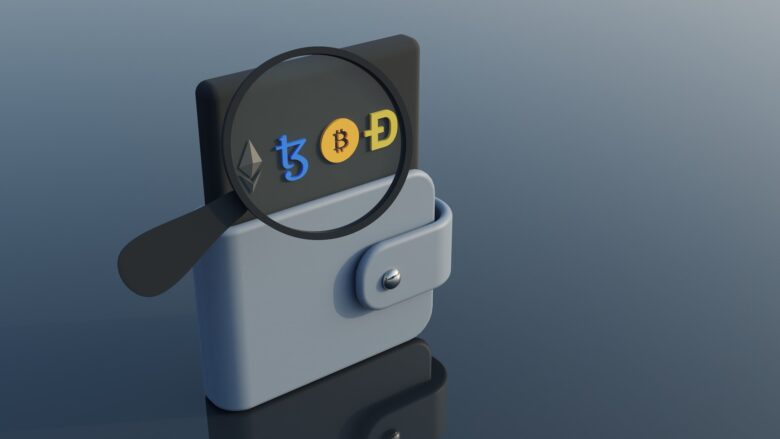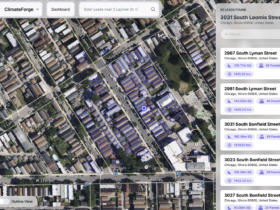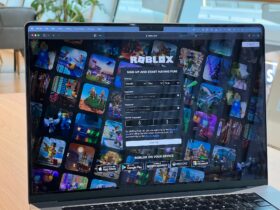Yuga Labs, renowned creator of Bored Ape Yacht Club and CryptoPunks, has set the NFT space abuzz by announcing its decision to block the trading of its future NFT collections on OpenSea by February 2024. This bold move indicates Yuga Labs’ protest against OpenSea’s plan to cease collecting artist royalties on its platform – a decision that heralds a major blow to Yuga Labs’ business model. However, not all Yuga Labs’ NFTs will bite the dust on OpenSea, with technology issues preventing some from being blocked, ensuring that older, notorious collections like Bored Ape Yacht Club and CryptoPunks may persist.
Yuga Labs’ honored spokeswoman, Emily Kitts, relayed the company’s determination to restrict OpenSea from trading their collections as OpenSea phases out creator royalties. Kitts elected to remain vague about which particular collections would be subjected to the ban, clarifying only that “all upgradable contracts and any new collections” would face the brunt.
This new direction is in line with Yuga Labs’ long-standing commitment to safeguard creator royalties and adequately remunerate creators for their ingenuity. Deviating from platforms like Blur that don’t levy royalty fees, Yuga has been staunch in its refusal to allow specific transactions.
NFTs, from conception, pledged that their initial creators would profit from subsequent reselling, proving to be an aesthetic offering for enterprises like Yuga. This royalty approach materialized into substantial financial gains exemplified by the $35 million garnered from Bored Ape trades on OpenSea alone, as of November 2022.
OpenSea has endeavored to drum up enforceable creator fee schemes, but as of this week, the popular platform is suspending its efforts. As of March 2024, all artist royalty fees will transition to optional tips bestowed upon them at the discretion of the seller. The outgoing system is scheduled to make way for new collections from August 31st.
The current fee scheme has served as a significant revenue stream for numerous NFT businesses. Most of these entities capitalized on limited-issue NFTs by initially marketing them at modest prices, subsequently striving to inflate the tokens’ value to reap affluent resale fees in the future.
While there are other revenue generating sources in the NFT realm, resale fees have been a primary income contributor for many companies. Yuga’s Bored Ape collection levies a 2.5% fee, and after acquiring the Meebits NFT collection, Yuga slapped an additional 5% fee.
However, the gleaming future promised by Web3 came with a caveat; NFT marketplaces had the responsibility to enforce and distribute artist fees. Marketplaces have been gradually excising artists from their trading equations to diminish fees and woo sellers as the NFT bubble starts to fizzle. To exemplify this approach, the prominent Blur platform imposes a paltry 0.5 percent fee in majority instances – critically less than the typical 5 to 10 percent artist’s fee.
Whatever the fallout of this clash, one thing is as clear as crystal: the future of NFT trading and the mechanisms dictating creators’ remuneration are in the throes of major metamorphosis. The ripples caused by this controversy amongst these industry giants aren’t likely to fade soon.












